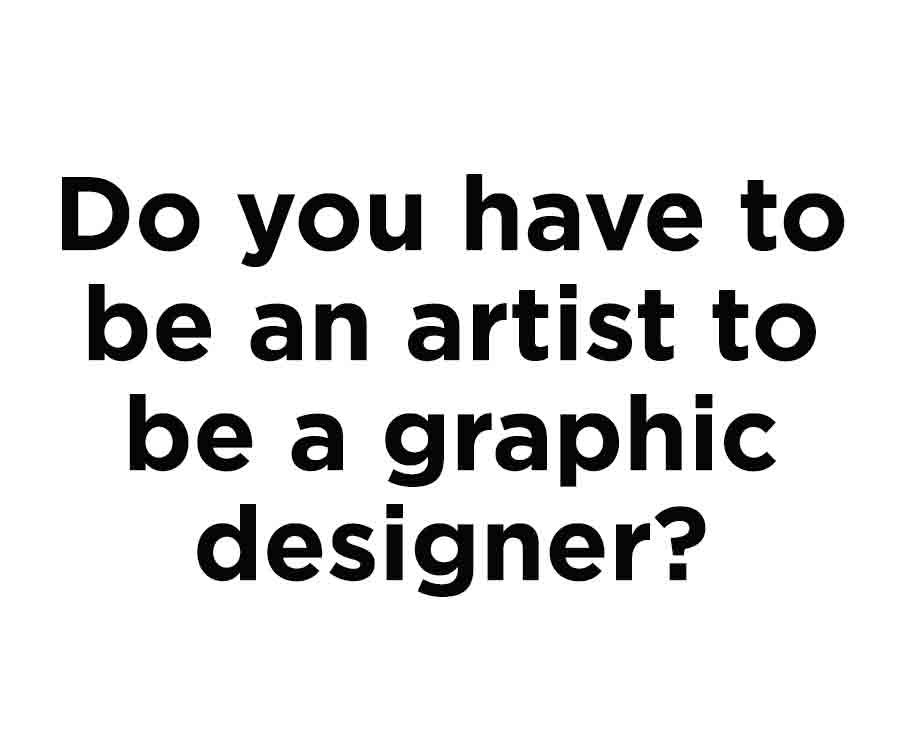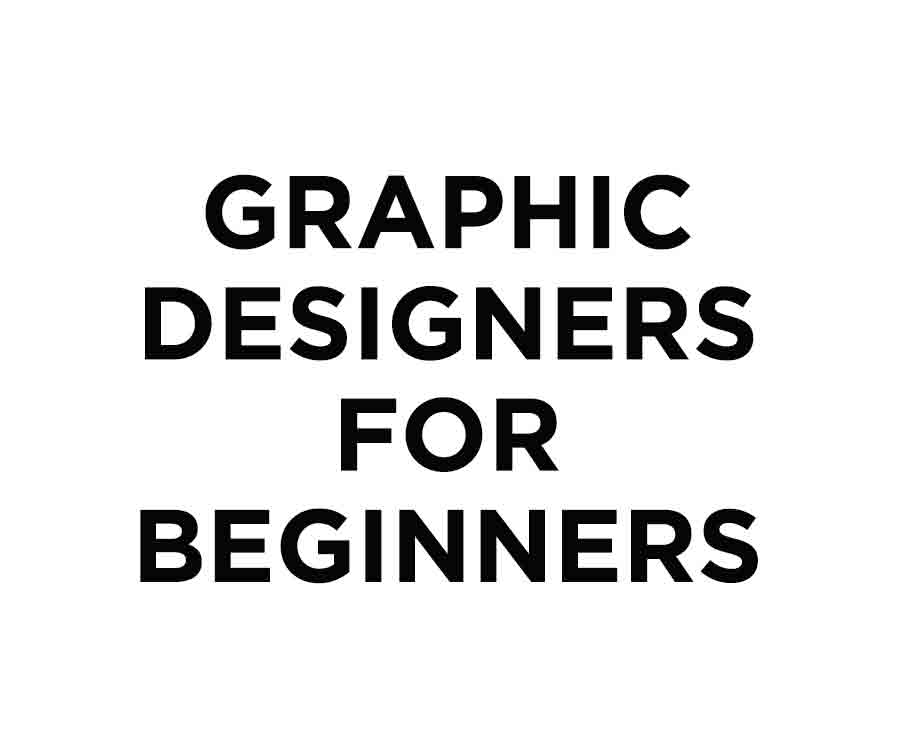Do you have to be an artist to be a graphic designer?
No, you do not have to be an artist to be a graphic designer. A graphic designer can be anyone who is interested in creating graphics and design for any purpose. Graphic Designers must make it easy to read, understand and share information.
For example, they may work with typography (the study of manipulating type) to make sure text is legible on a variety of media such as print materials such as books and posters; the Internet (using HTML and CSS), or video production.
There are many different fields of graphic design which one can choose to specialize in. Graphic designers need an eye for detail, imagination, and creativity.
If you’re not very artistic it doesn’t mean that you cannot become a good designer. This profession is more about how well you understand color, design principles, or what makes a certain design effective or ineffective than it is about raw talent.
Some important skills required to be a top-notch graphic designer are marketing sense, communication skills, business acumen, and strong concept development skills.
A basic understanding of fine arts is also great but not completely necessary. Do remember that the most successful designers usually have very good concepts and they always find ways to present their ideas with simple yet strong designs.
It’s important to have a great concept for your design because if it’s not original then it may not be successful. How well you understand color, design principles, or what makes a certain design effective or ineffective will determine whether your work is good or bad.
Investing time in learning design principles even before starting work will make sure that you are utilizing the full potential of your designs. An understanding of how colors interact with one another will help you choose the right combination of hues that can turn an ordinary piece into something extraordinary.
There are many courses available online which teach students about different concepts related to graphic designing. You can also join professional courses which offer specific training on logo designing, web designing, print media, and other fields related to this profession.
In short, the answer to your question Do you have to be an artist to be a graphic designer? is, you can learn how to be a good graphic designer without being an artist or spending years in art school. How well you understand color, design principles, or what makes a certain design effective or ineffective will determine whether your work is good or bad.
Can anyone become a graphic designer?
No. Although that’s not to say it’s an impossible feat, there are requirements and they vary from the design industry to the design industry. For graphic designers, a degree is necessary in most cases. Before going any further with the project of becoming a graphic designer, it is good to determine what you want to do as a profession and also whether or not you have an interest in graphic design specifically.
Is graphic design hard?
It depends. There are different definitions of hard, and it really does come down to what you want out of your career. We all have our own perceptions of this question. Is graphic design the perfect profession for you?
When people ask me if graphic design is hard, I can’t give them a direct answer because it’s up to their own interpretation. Some people think that they need years and years of schooling and before they even start their career, but I don’t necessarily think that’s true. It really just comes down to how much work you’re willing to put into research and creativity and finding your niche in the field at various levels of education or involvement with society or business as a whole. If those things sound like something
Is there a demand for graphic designers?
There is a demand for graphic designers. The US has plenty of jobs available and there is a lot of competition among other graphic design graduates.
The good news is that like any industry, there are periods where certain skills are very sought after, but other times they’re not. This means that if you’re willing to commit to learning new skills and flexibility with your career path, then there’s no reason to shy away from this profession.







